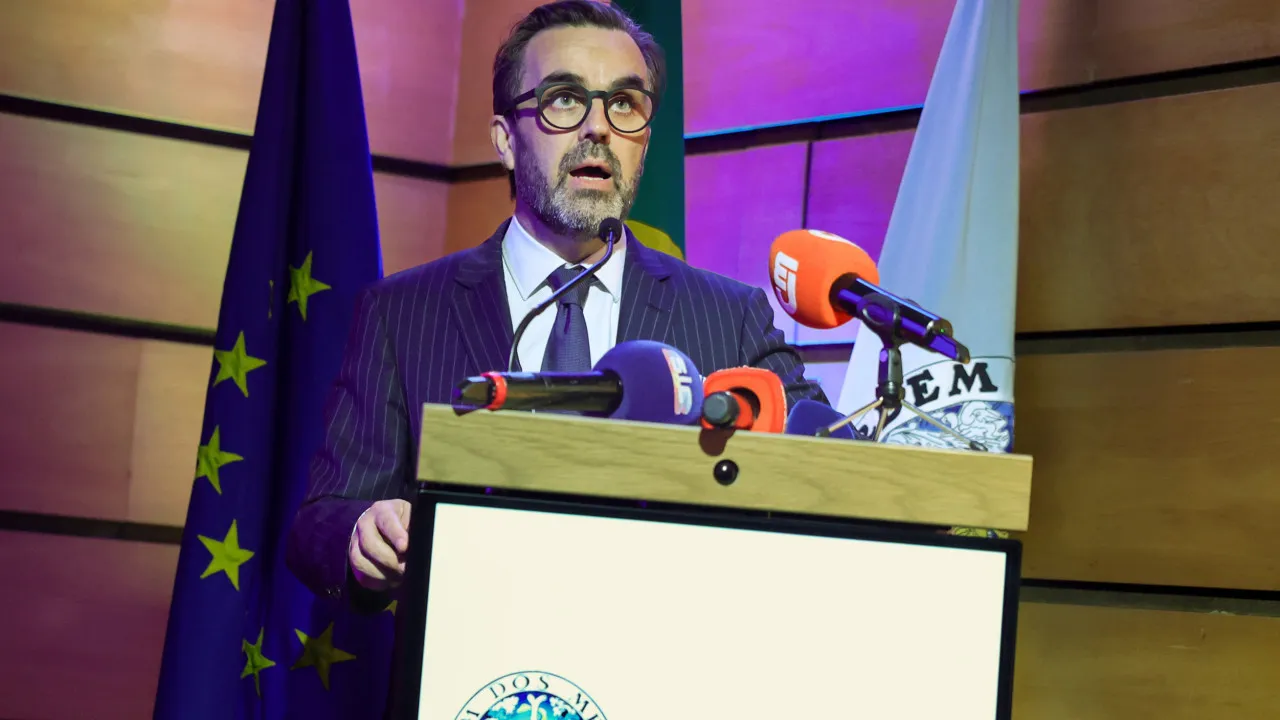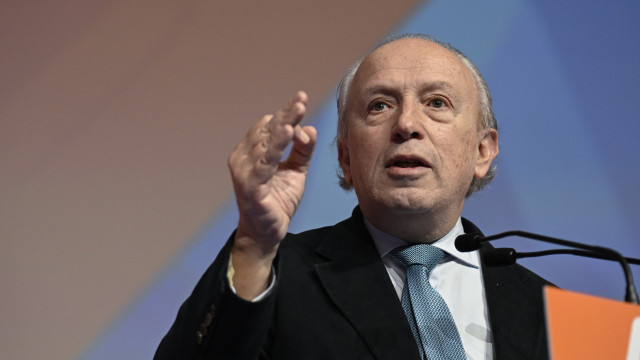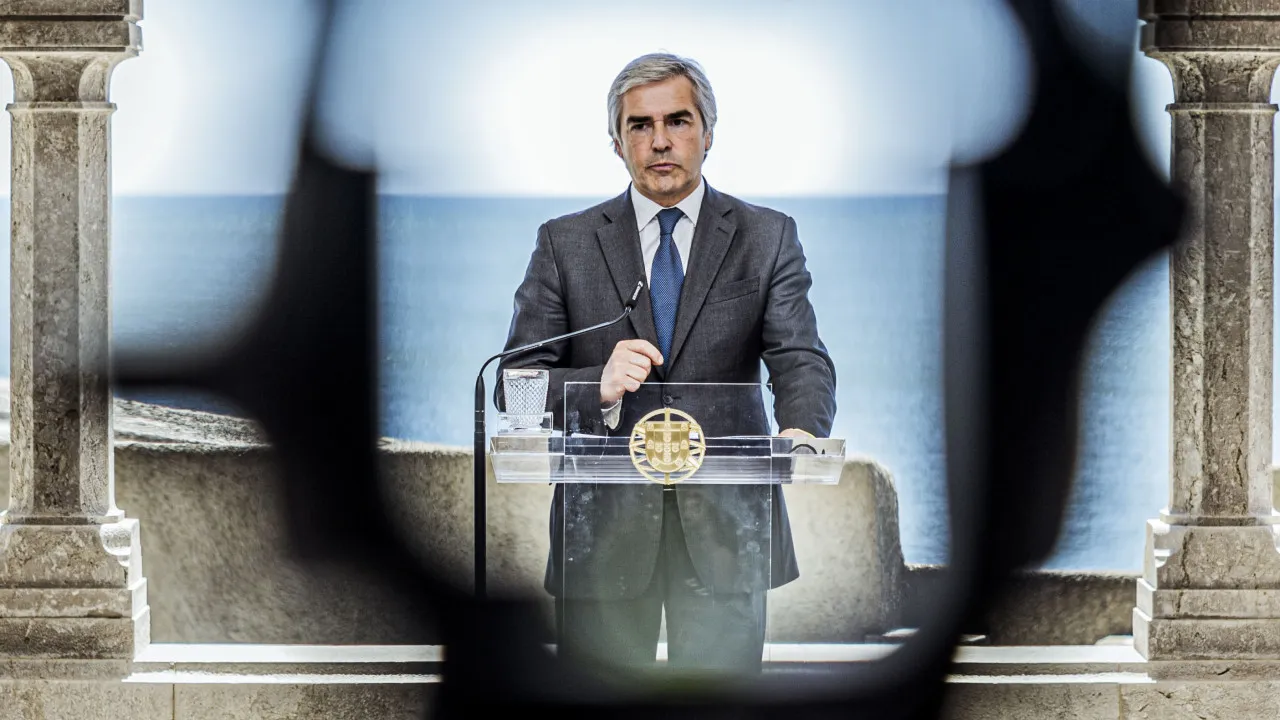
“It is a concern for us. We export some products to that country. We’re talking about 11% of our revenue. It’s significant. We’ll wait to see what comes. If the tariffs are very high, it will greatly harm us,” stated António Aguiar to journalists.
The head of Uniqueijo, which unites the island’s cooperatives and is responsible for marketing São Jorge cheese, explained that it is necessary to wait to understand what kind of tariffs will be imposed on that product, a hallmark of Azorean cuisine.
“We have already spoken with our customers in the United States about this concern. Four years ago, we faced the same situation. At that time, it was 25%. There was a slight drop in sales, but not as severe as we anticipated,” he recalled, speaking on the sidelines of signing a protocol to apply for São Jorge cheese to be recognized as Intangible Cultural Heritage.
António Aguiar warned that the “most affected” by these tariffs is the end consumer and emphasized the need to seek other market sources for São Jorge cheese.
“We will need to find new markets. This will be one of our focuses. If we reduce our product and sales to that market, we will naturally have to find another. It is a task that takes time, but it will be necessary,” he emphasized.
Meanwhile, the President of the Azores Government expressed confidence that São Jorge cheese would “continue to earn the preference” of consumers, despite the tariffs potentially impacting the product’s price.
“These protectionist policies do not favor — it’s important to acknowledge with objectivity — international trade. However, I have such a high degree of confidence in the excellence of the cheese that the American consumer, whether of Azorean, Portuguese, or any other origin, will surely continue to consume it,” said José Manuel Bolieiro.
After announcing increases of 25% in customs duties on steel, aluminum, automobiles, and automotive parts imports in recent months, Donald Trump is expected to announce new tariffs tonight, which could reach 20% on most imports, on what is dubbed “Liberation Day.”
The U.S. President aims to implement tariffs similar to those applied to American products exported.
The new tariffs proposed by Trump are an attempt to grow the U.S. industry while penalizing countries for what he described as years of unfair trade practices.
However, most economists believe these tariffs threaten to plunge the economy into a recession while simultaneously destroying decades-old alliances.




